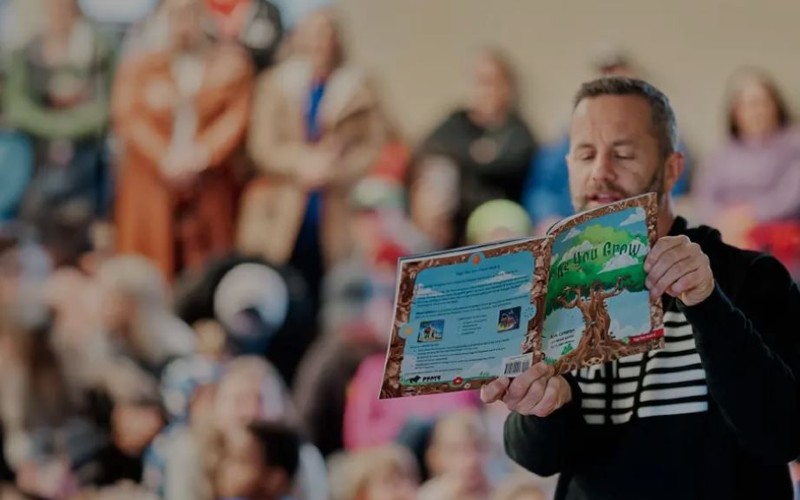Kendall Qualls, president and founder of TakeCharge, argues that the promise of America works for everyone – regardless of ethnicity or social station. While he admits America isn't perfect, he says the U.S. has afforded him opportunities his parents never would have had in their lifetime.
For example, he worked full-time to pay his way through college, served as an officer in the U.S. Army, earned three graduate degrees, and eventually worked his way up the ranks to become a vice president at several Fortune 100 health care companies.
Qualls' explains that his parents didn't graduate from high school, but his dad later got a GED. Both parents were products of the pre-civil rights South.
"We lived in what I call the post-civil rights era. So, we were the first ones to actually live in a world that they did not have an opportunity to grow up in," he shares with AFN. "And blacks share with people all the time [and ask]: Is our country systemically racist? And I say no, it's not [now]. My parents lived through that."
'Systemic racism' is false
Qualls contends that the disparities society is witnessing today are not because of what he considers a "false narrative" of systemic racism. "It's not because of white privilege. It is not because of anything else that they're talking about," he shares. "It's because we have gone completely off the … ranch of how we used to live – even in the black culture."

But it's seen throughout all cultures in the U.S., he notes.
"When I was born, 80% of black families were two-parent families. They believed in God, they were hard working-class culture. Even when we were poor, we believed in making sure we didn't steal anything. That wasn't okay to do," he recalls.
"Just because someone said you were poor didn't give you the authorization that makes it acceptable. We were taught to respect our teachers, respect authority, respect police officers …."
And even people who were not churched were taught this, he adds. But then came programs he describes as "catastrophic": welfare benefits were provided and promoted in black communities.
"And the sad part is that there has not been one [national] initiative [over the last 50-60 years] to change or to restore those two-parent families ever since those welfare benefits came in," he laments. "Basically [the government] said, Here … you can have this money, you can have this place to live, you can have subsidized housing, but you can't have a husband living with you; [you] can't have a father living in the home.
"Basically, these programs destroyed the black community. They think it was drugs. They think it was over-policing. They believed the [false] narrative … and they cling to it like it's the gospel truth."
No knowledge of history
According to Qualls, Americans 45 years and younger have been taught all the historical sins of their country and about bad things that have happened, but not the virtues. He says they've never been taught what the Constitution means, or about the three branches of government and the reason for separation of powers.
"They don't know. So not just black Americans, but also white Americans …. They don't know that the Republican Party was the party of anti-slavery, they don't know it was [Dwight] Eisenhower and Ulysses S. Grant who … deployed troops to make sure that they could vote, that they had voting rights, that they had access to schools that were being taken away from them."
 Qualls said this lack of knowledge explains much about why today's younger generation is the least patriotic in American history.
Qualls said this lack of knowledge explains much about why today's younger generation is the least patriotic in American history.
"… I don't expect government to do it, they screwed up in the beginning," he continues, "but local leaders in our communities have not addressed this as the number-one problem. They want to blame politics, they want to blame white suburban America, they want to blame everyone else so they can use … that motivation to get themselves wealthy and gain power at the expense of the people they supposedly serve."
A different life is possible
Qualls said that's why his team at TakeCharge is going into the black community: to re-establish the values of the traditional Christian faith, to promote two-parent families, and to encourage increased standards of education with children so they can go into the private sector to earn a living.
"What I've learned over the course of my life is where you start in life is not where you have to stay for the rest of your life in this country," he concludes. "If I can make it – a guy who come from that background to be a corporate vice president of a Fortune 100 company – and if you have a fire in the belly and a desire to get a good education and to be competent in the private sector, you can have a very different life."
President Ronald Reagan once stated: "The nine most terrifying words in the English language are: 'I'm from the government, and I'm here to help.'"
Qualls likely agrees with the 40th president. "The only thing involving government that you need help with in your life to be successful is for them to stay out of your way," he advises.







